
I am only 23 years old, and I was diagnosed with open angle glaucoma two years ago. It is very scary. No one in my family has it and...
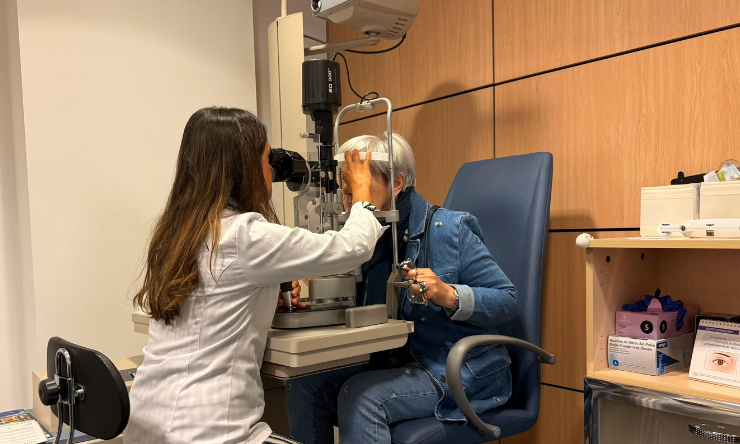
Glaucoma is known to be one of the leading causes of irreversible vision loss worldwide, and while there is no cure for this disease, the risk of vision loss can be minimised through...
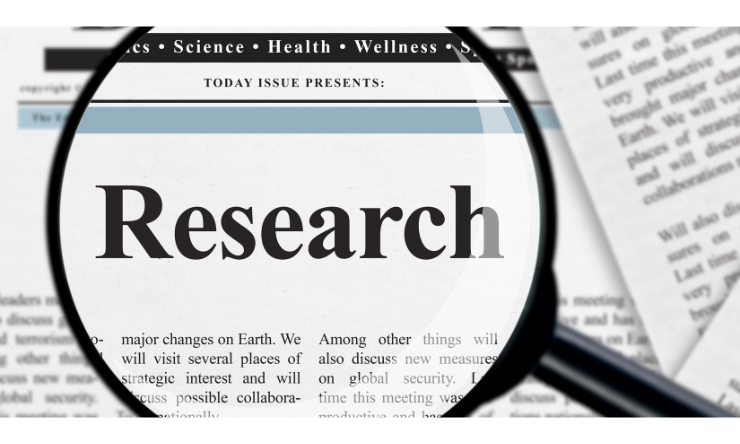
Researchers have used mice with nine different genetic backgrounds to identify factors influencing eye ageing, paving the way for eye-based diagnostics for neurodegenerative diseases.
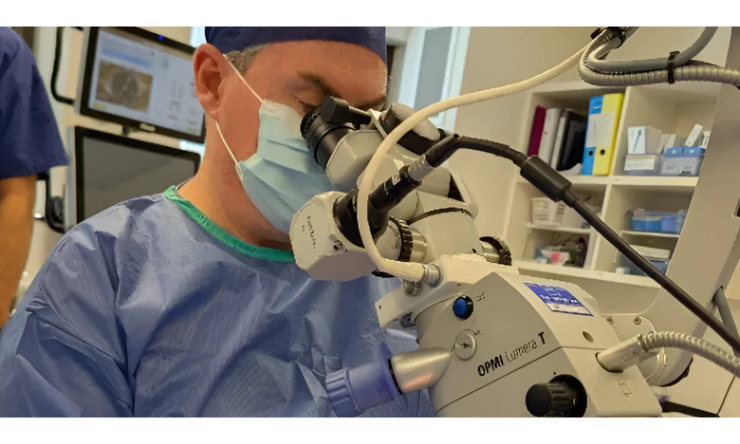
In a significant advancement for glaucoma care in Australia, Associate Professor Andrew White, a leading glaucoma specialist at personalEYES, has become the first surgeon in Australia to implant the latest updated version of the MINIject minimally invasive glaucoma surgery (MIGS) device.

The NRFC has joined the fight to combat irreversible blindness and has committed $27 million to PolyActiva as part of its $40 million Series C round. PolyActiva is...

Glaucoma, frequently referred to as the "silent thief of sight," remains one of the primary causes of irreversible blindness across the globe. This condition often progresses without noticeable symptoms...

Glaucoma is more than just an eye disease - it’s a life-altering condition that slowly changes the way people interact with the world...
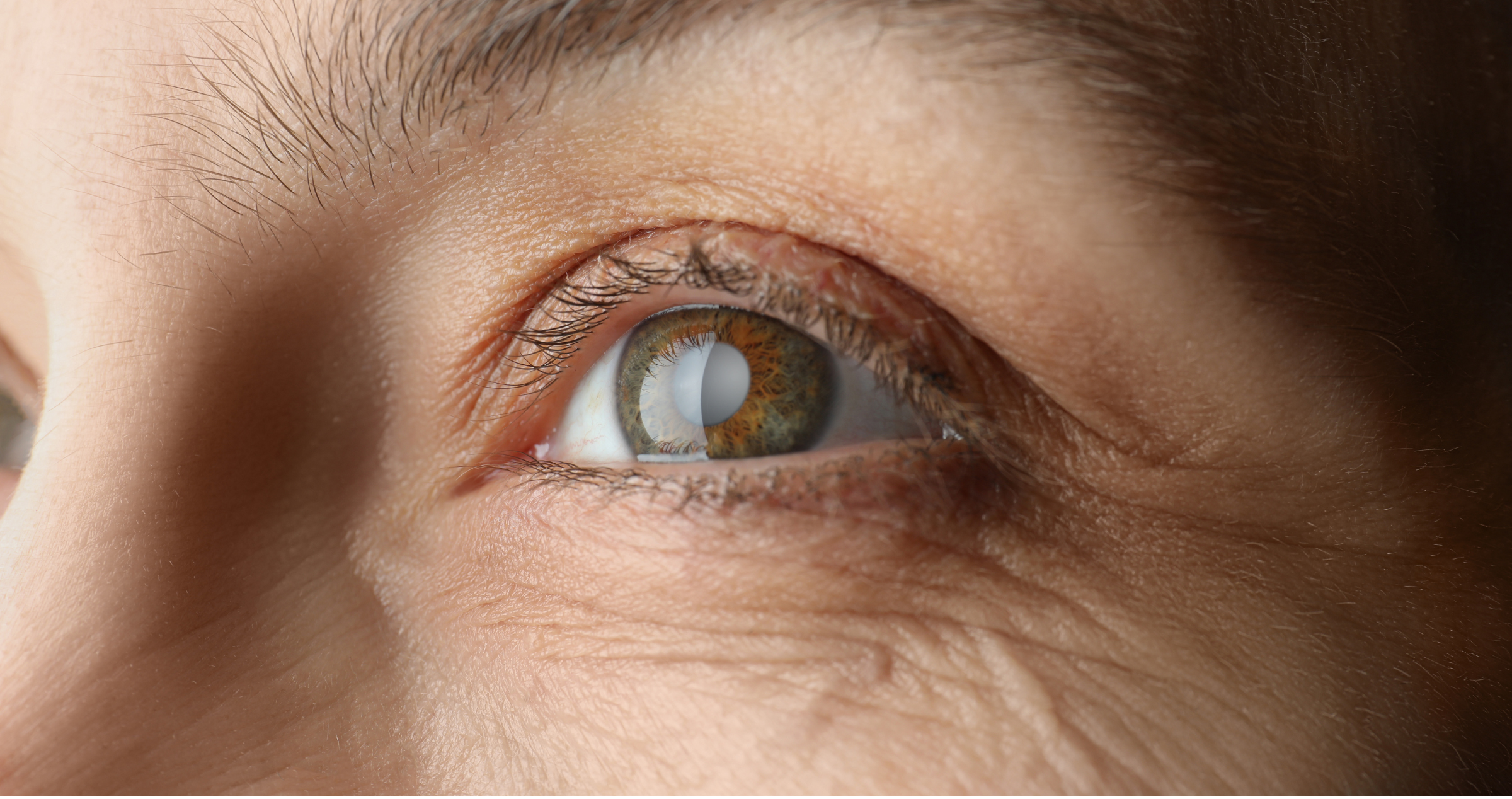
An eye disease that affect more than 80million people around the world. It impacts the optic nerve, which is the major nerve in the eye that connects your eye to the brain – it is vital in helping you to see...
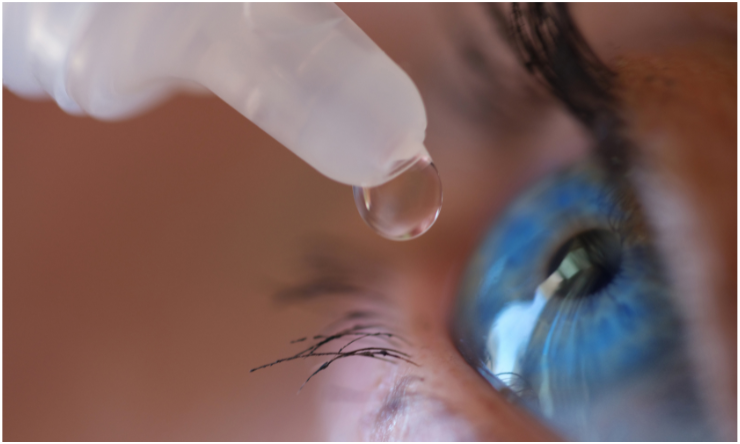
I was diagnosed with glaucoma at 60 years old so only 3 years ago. My dad has glaucoma so as it can be genetic I was being tested every 2 years...

